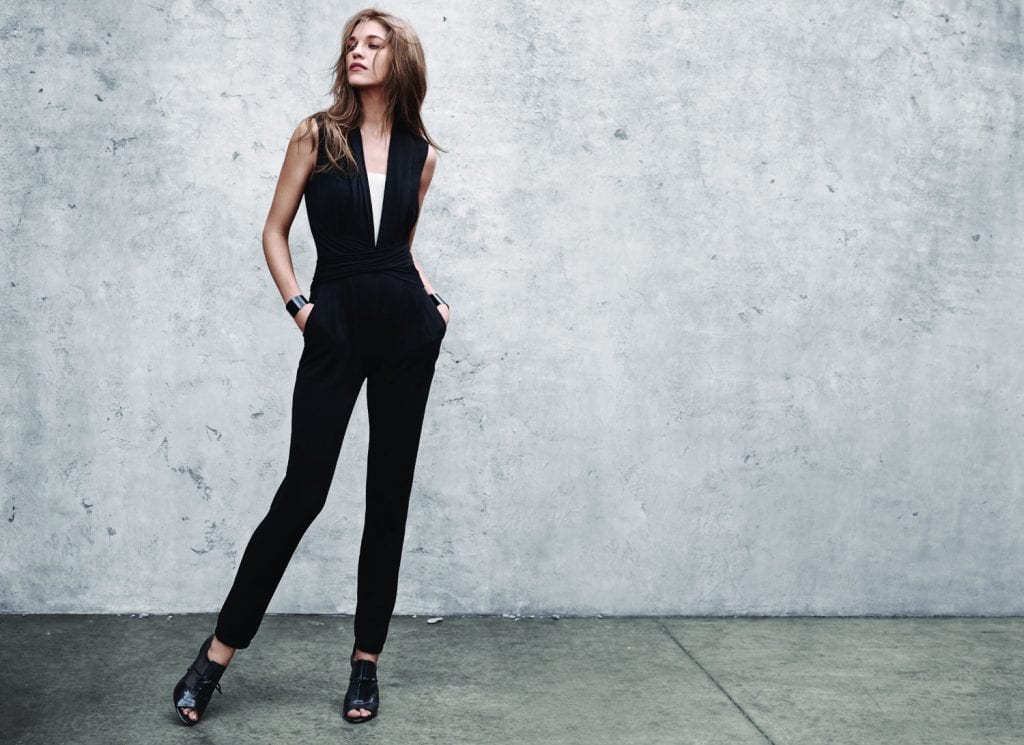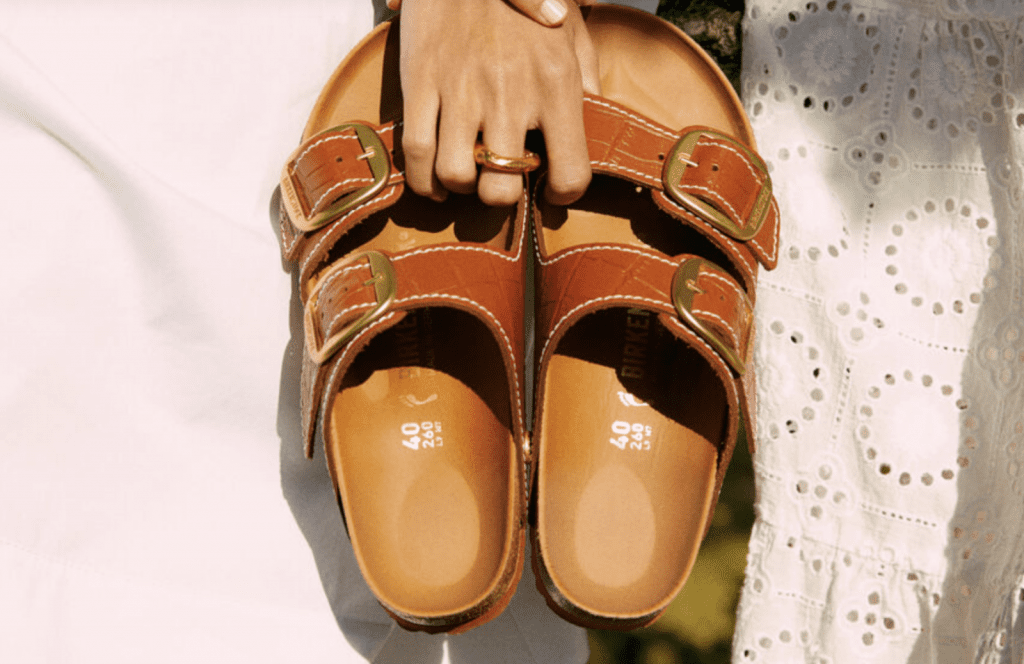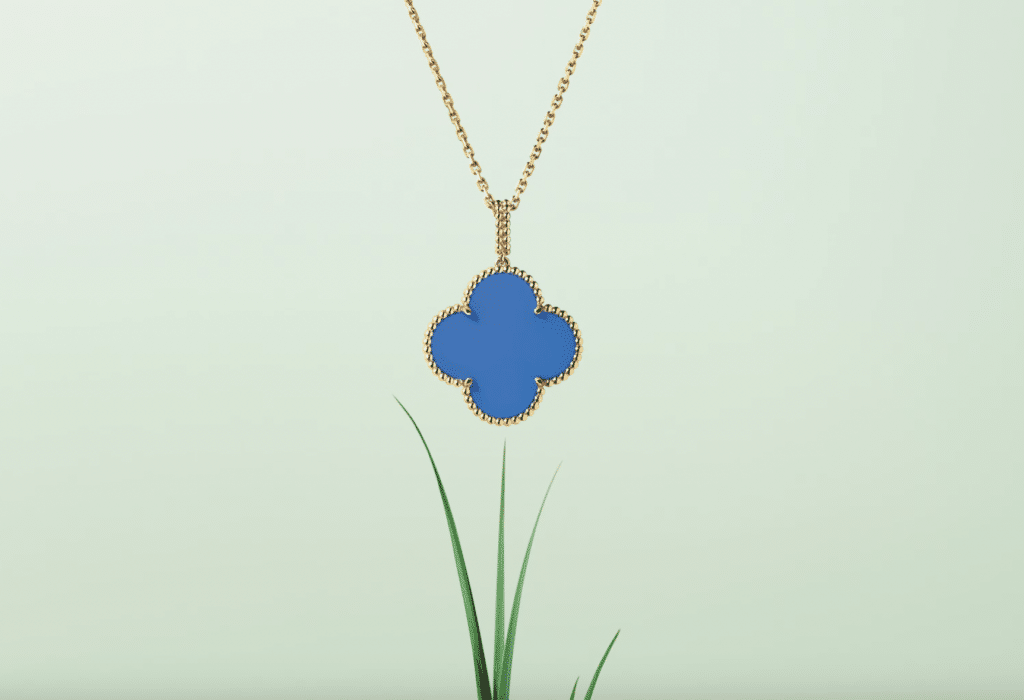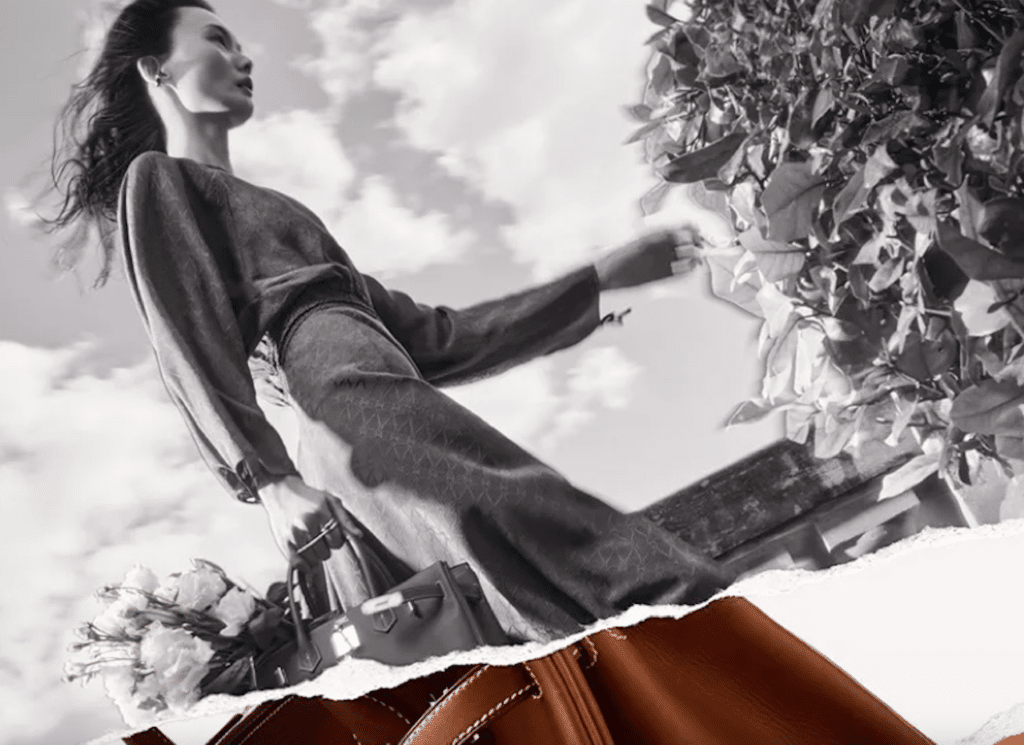When digital content creator and stylist Lin Niller Huynh stepped out during fashion week in February 2019, street style photographers were quick to snap her picture. Given that she was dressed in head-to-toe Elie Tahari, the New York-based brand jumped at the chance to post one of the images to its social media accounts, praising Huynh’s styling of the look and crediting/tagging the photographer, Mark Iantosca. The problem, according to the lawsuit that Iantosca would file three months later? While Tahari may have credited him, it did not license the photo or otherwise receive his permission to use it.
According to the complaint that he filed against Elie Tahari in a New York federal court in May 2019, Iantosca – represented by notoriously active copyright counsel Richard Liebowitz – accused Tahari of infringing his copyright in the photograph “by reproducing and publicly displaying the photograph on [various social media] websites,” namely, Instagram, Twitter, and Facebook, even though the fashion brand was “not, and ha[d] never been, licensed or otherwise authorized to reproduce, publically display, distribute and/or use the photograph.”
Against that background, Iantosca sought monetary damages – either in the form of actual or statutory damages – to remedy Tahari’s “willful, intentional, and purposeful” infringement.
In response to Iantosca’s suit, counsel for Tahari challenged the case, arguing (as summarized by Judge Mary Kay Vyskocil of the U.S. District Court for the Southern District of New York) that Iantosca “did not have a certificate of copyright registration for the photograph when [he] filed the complaint on May 16, 2019.” More than that, Tahari argued that it was permitted to use the photograph without a license, even if the copyright was properly registered” because its use is either fair use, “meets the standards for non-infringing de minimis use,” and/or “is not copyright infringement because the photograph depicts a model wearing [its] clothing line and [it] credited [Iantosca]as the photographer.”
Iantosca pushed back against Tahari’s defenses, characterizing them as “either inapposite or invalid,” and in a recent decision, the court has sided with him, at least in part.
Following the filing of a motion for summary judgment by Iantosca, in which he argued that an early win on liability grounds is warranted, Judge Mary Kay Vyskocil of the U.S. District Court for the Southern District of New York stated in a recently-issued opinion and order that Iantosca does, in fact, have a valid copyright registration and that Tahari’s defenses fall flat.

Specifically addressing Tahari’s fair use claim, Judge Vyskocil called foul, stating that the brand “has not demonstrated that its use was anything other than a ‘commercial use’ intended to advertise and sell its clothing,” and that its use of the image “is in no way ‘transformative’ because it does not add ‘new insights and understandings’ for the ‘enrichment of society.’” Noting other fair use factors, she determined that Tahari “reposted the photograph without modification,” and therefore, “the ‘amount and substantiality’ of the use in relation to the copyright work as whole weighs in [Iantosca’s] favor.”
As for Tahari’s argument that its use of the photo is “de minimis simply because reposting another’s picture has become commonplace on social media,” the judge was not persuaded, stating that Tahri “offers no support for this contention, which, if credited, would represent a seismic shift in copyright protection.”
“There is nothing ‘trivial’ about a business utilizing a professional photographer’s work to promote its products,” the judge stated before turning her attention to Tahari’s final defense, which was that it properly credited Iantosca as the creator of the image in which its closing appears. Judge Vyskocil similarly shoots down this argument, stating that the fashion brand “has not pointed to any precedent supporting its theories that because [it] credited the photographer in the caption of the photograph or because plaintiff hired the model to wear [its] clothing, [it] has a right to use the photograph.”
“Simply put,” the judge states, “attribution is not a defense against copyright infringement.” And beyond that, the fact that the subject of the photo is wearing Tahari’s wares is not relevant. In the photo at hand, the judge asserts that the “originality” – i.e., the protectable elements – is “clearly exemplified through the angle of the photo, the lighting, the selected pose of the model, and other artistic choices.” Because Tahari “reposted an identical copy of the photograph to its social media, [its] argument that the model is wearing [its] clothing line has no bearing on liability for copyright infringement.”
With the foregoing in mind, the court granted Iantosca’s motion for partial summary judgment with respect to liability for copyright infringement, and now the case will proceed to a determination of damages.
The latest outcome in the case is a reminder for brands that “in addition to [considering] right of publicity issues, they also need to consider copyright issues” in connection with imagery they post online, including on social media, according to Kelley Drye’s Gonzalo E. Mon and Michael Zinna. They further note that “many people who use social media in their personal lives repost [others’] pictures without permission from the photographers and without any consequences.” While it is “tempting to think that the same is true if you repost pictures on your company’s social media accounts, this case demonstrates that the consequences for doing that can be much greater.”
UPDATED (December 8, 2020): On the heels of Iantosca’s counsel filing a consent motion to continue action for 30 days pending consummation of settlement, the court issued an order of dismissal, stating, “The Court is in receipt of a letter from the parties informing the Court that the parties have reached a settlement in principle,” and discontinuing the action “without costs to any party and without prejudice to restoring the action to this Court’s calendar if the application to restore the action is made by January 8, 2021. If no such application is made by that date, today’s dismissal of the action is with prejudice.”
*The case is Mark Iantosca v. Elie Tahari Ltd., 1:19-cv-04527 (SDNY).











